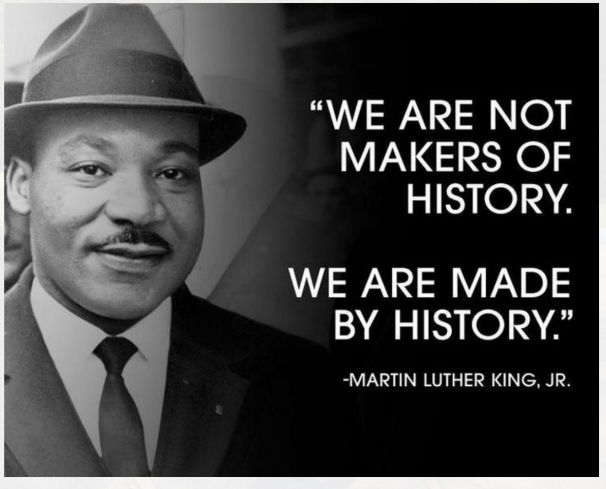History

In line with the aims of the national curriculum we want our pupils to:
- Know and understand the history of these islands as a coherent, chronological narrative, from the earliest times to the present day: how people’s lives have shaped this nation and how Britain has influenced and been influenced by the wider world know and understand significant aspects of the history of the wider world: the nature of ancient civilisations; the expansion and dissolution of empires; characteristic features of past non-European societies; achievements and follies of mankind.
- Gain an understanding of substantive knowledge.
- Gain and deploy a historically grounded understanding of substantive concepts [key concepts] in history e.g., monarchy, culture, democracy.
- Understand historical concepts such as continuity and change, cause and consequence, similarity, difference and significance, and use them to make connections, draw contrasts and frame historically valid questions.
- Develop their skills as historians and develop subject specific disciplinary knowledge through learning about methods of historical enquiry, how evidence is used rigorously to make historical claims, and begin to consider how and why contrasting arguments and interpretations of the past have been constructed.
- Gain historical perspective by placing their growing knowledge into different contexts, understanding the connections between local, regional, national and international history; between cultural, economic, military, political, religious and social history; and between short- and long-term timescales.
- Ultimately, we want our children to recognise that things that happen in the past, shape the way the world is now. Our aim is that our curriculum will inspire pupils’ curiosity to know more about the past. Teaching should equip pupils to ask perceptive questions, think critically, weigh evidence, sift arguments, and develop perspective and judgement. History helps pupils to understand the complexity of people’s lives, the process of change, the diversity of societies and relationships between different groups, as well as their own identity and the challenges of their time.
We have developed our curriculum sequence of learning through developing chronological understanding and exploiting layered timelines that show parallel occurrences at an age-appropriate level e.g. local, regional, England, wider UK, European, global. At the end of each completed topic, pupils find out about something else that happened in the world at that time. In introducing each topic pupils begin by looking at their timeline of knowledge so far. We ask specific questions of timelines — How do we find out about this period of time? How aware would people have been of what was happening elsewhere? How does this compare with … ? How far do societies compare in terms of duration? Were some of the timeline events still being experienced/felt by later societies to help children to understand the importance of chronology.
Through our History Curriculum, we will enable our pupils to:
- Understand about their own history and the impact the past can have on the present.
- Understand the important contribution we make to promoting respect for all, responsible citizenship and global learning; to provide a key context to develop children’s understanding and appreciation of diversity, to promote shared values and to challenge racism, discrimination & extremism.
- Reflect on the impact of actions by people in the past to help them think about actions today and their own actions and behaviour, and the impact it can have on others.
- Ask questions about how the world around us helps children to develop into free thinking, critically aware and compassionate adults.
- Study figures from the past who have been a ‘Hope for Humanity’ and have demonstrated attitudes of service to others. Thereby, encouraging children to become increasingly aware of the concept of others and develop a growing empathy, concern and compassion for how to treat others.
- Reflect on the past and educate for the importance of treating others with dignity and respect, encouraging all to live well together contributing to British values and spiritual moral, social and cultural development.
We have the highest expectations for our pupils in terms of learning and outcomes. We will encourage them to produce high quality composite outcomes, reflecting the component parts of their learning journey.
We will encourage our pupils to create outcomes which showcase excellence in various forms - effective communication, building community and showcasing creativity; and make a difference to the community they serve.
We will enable our children to be confident communicators through:
- The quality and variety of language/vocabulary modelled being intrinsic to lessons; this will enable the children to speak like a historian.
- Using Kagan Structures to support a range of oracy opportunities within lessons, giving children different ways of presenting and sharing findings and ideas.
- Children of all ages will be given opportunities to show-case their learning through pre-recorded or live presentations to parents/other classes as well as to external experts.
